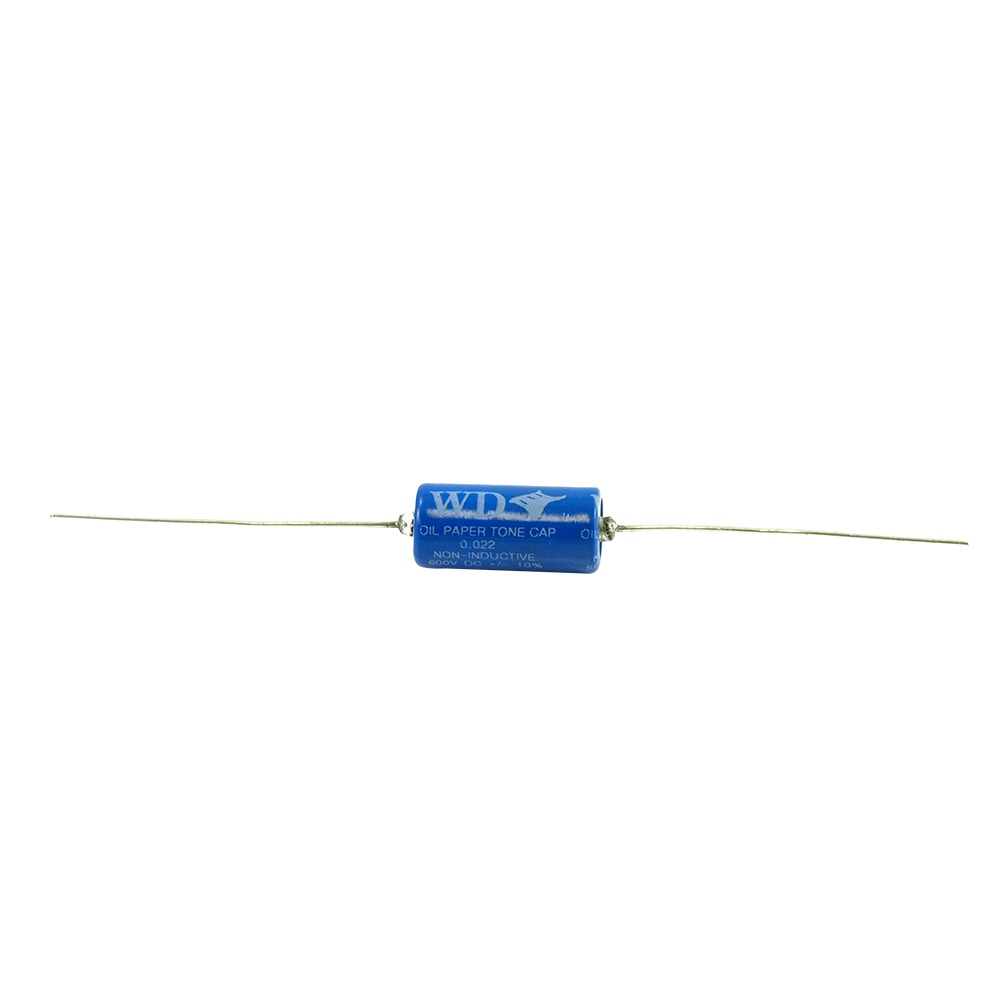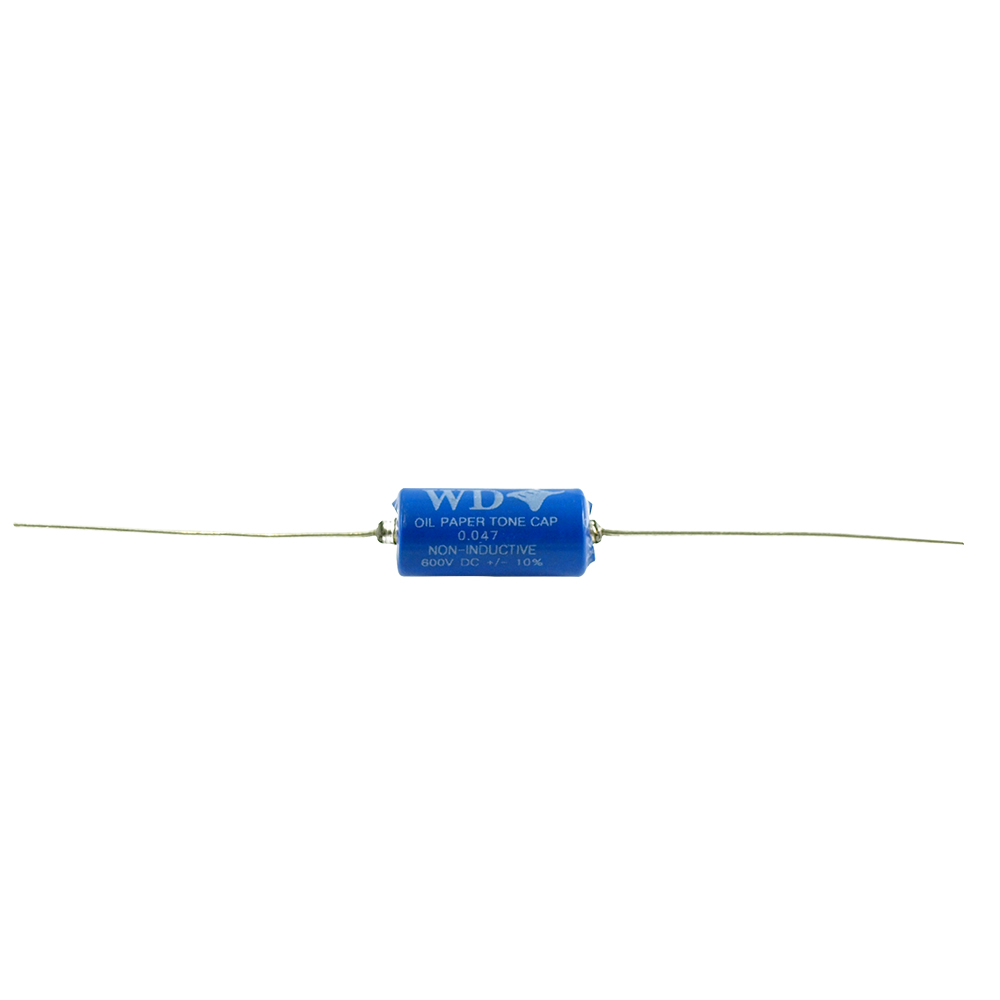But it is a well known fact in the guitar community that paper in oil will be warmer smoother and have more sparkle than ceramic disc mylar or polypropylene capacitors.
Ceramic vs oil and paper vs mylar.
If you dare try a few relevant google searches grab some popcorn and get ready for a long night.
But all i can get of the same value.
Straight forward a b testing of stock polyester film capacitor 2a473j vs russian paper in oil pio k40y9 capacitor upgrade in an electric guitar s tone cir.
Made of ceramic material as the dielectric and metal as the electrodes ceramic capacitors come in a variety of shapes and sizes.
The topic of paper in oil pio capacitors vs.
Many electronic experts will tell you that there is no scientific explanation of why paper in oil capacitors will give you better tone when used in a guitar circuit.
The original are 0 004 uf 1600 volt mylars you know those orange colored ones whose outer skin is made of what looks like a tough plastic.
Class i capacitors have better accuracy and low volumetric efficiency whereas class iii capacitors have low accuracy and high volumetric efficiency.
Audio note switches to mylar based instead of paper.
I have had both types of bees the paper in oil with the filler spout and the mylar bees without it and indeed their is a subtle difference in tone just like with any other capacitors.
Capacitors of any other construction method is certainly no exception.
A ceramic capacitor has no polarity.
Jensen still loves the paper so both of the capacitors actually paper in oil design with copper foil.
They are generally less expensive than other capacitors and carry lower capacitances couple of µf max which makes them used often during low capacitance requirements in noise harmonics filtering and suppression applications.
What is an electrolytic.
Their old paper in oil design has some reliability problem thus they prefer to change the design.
Ceramic capacitors are classified into three main classes.
Hey guys i m about to replace a pair of snubber capacitors for the horizontal output transistor of a computer monitor.






























